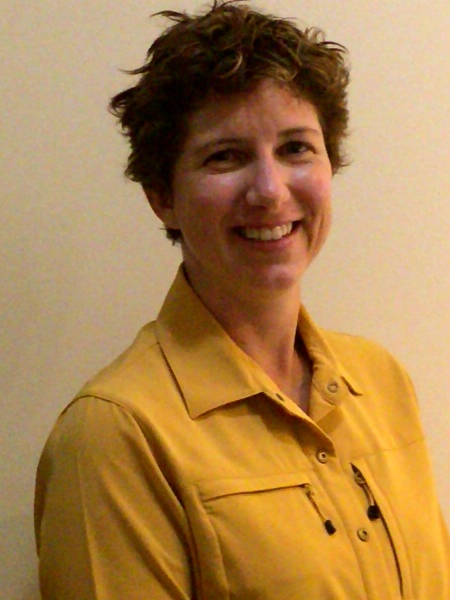Erika Gosney
Testimonial
Background
Which high school did you attend?
Point Gellibrand Girls High School (now closed).
When you started your Bachelor degree at UniSA were you a high school leaver, TAFE student, adult entry or other?
I completed the Master’s in Medical Sonography (incorporating the Graduate Diploma) that I started in 2009. Therefore I required a Bachelors degree to commence this program which was completed interstate.
Study
Which program did you study?
Master of Medical Sonography.
Why did you want to study this program?
This Graduate Diploma portion of this program is the minimum requirements for registration as a sonographer. I decided to continue on to the Master’s as the topic areas were extremely interesting to me and I knew from the experience and level of dedication from the lecturers and staff that I would receive excellent tuition.
Why did you choose to study it at UniSA?
I originally started a similar course at another university. I wanted to study at the best university for ultrasound and realised that this was the University of South Australia so I transferred.
University of South Australia
What did you enjoy most about studying at UniSA?
The enthusiasm from the lecturers, this transferred to the students who would want to go that extra mile to find the answers.
How would you describe the quality of UniSA’s teaching staff? How did they support you during your studies?
The lecturers were knowledgeable and approachable which made it easy for a student to gain help when required. There was nothing that was too much trouble for the lecturers; this was not a couple of the lecturers but all of them, which made learning very enjoyable. It made me want to study harder so I would not let the lecturers down with all the effort they were putting in.
What was the highlight of your time at UniSA?
Still being in contact with some of the lecturers now even after graduation. It has inspired me to continue my learning and undertake a single course in 2014.
Tell me about any practical experience (work experience/work placements/field trips/overseas study) you’ve undertaken during your degree.
This program requires you to be employed as a trainee sonographer to attain accreditation. This is a profession that you are paid to train just like an apprenticeship.
Why was the experience valuable? (ie What did you learn here that you couldn't have learned in the classroom?)
The “hands-on” practical experience from being employed full-time, this is something that you cannot learn from a textbook as it involves eye-hand coordination and the “knobology” of the ultrasound machines.
How did you find the teaching facilities at UniSA? (including laboratories and clinics, and online)
Second to none, the interaction was fantastic despite it being an online program. There was the availability of all the resources that we would need and the interaction with the other students via the forums. We just didn’t have the face-to-face interaction of an on-campus program.
Professional
Tell me about the work you have done since completing your study.
I am now an accredited medical sonographer after successfully completing my studies. I have been able to travel around Australia being paid to work and enjoy our countryside. I have continued to learn different methods of ultrasound and have been fortunate enough to meet some unique and extraordinary people along the way.
Why is this area of work important to you?
I love my job. I really love meeting knew people and talking to them finding out about themselves. This job allows for that to happen. However I really enjoy helping people and people come to me to get help to find out why they are having the signs and symptoms that they are. When I am able to help them with a diagnosis this is what it is all about and I go home thinking job well done especially when I am their last hope.
What do you think it takes to become a leader in your field?
Dedication to the profession most importantly, to be a leader you need to make sacrifices and not think that you will be a leader with a 9-5 approach. This is what I have encountered with the lecturers at the University of South Australia, they are available 24/7 and when you ask questions it is not a problem despite how “stupid” the question may be.
